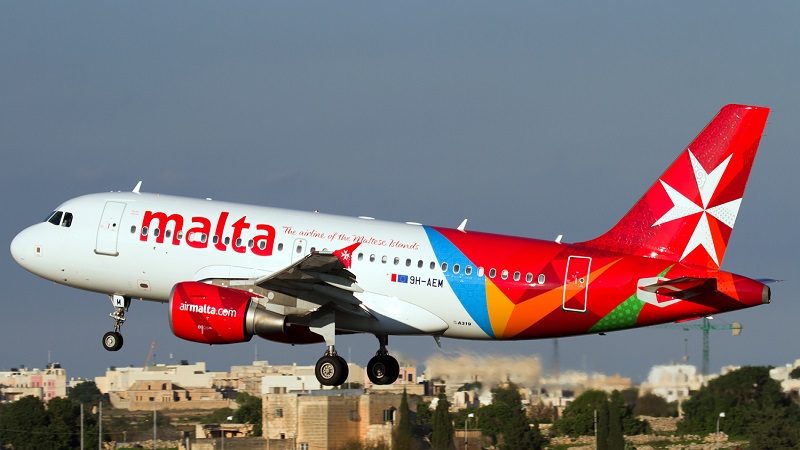The government was planning to take up shares worth €45 million in Air Malta but the idea was abandoned in the new business plan approved after July 2017 when the ailing airline fell under the political responsibility of Minister Konrad Mizzi.
A review of Air Malta’s audited accounts carried out by The Shift shows that in the years 2015-2016, the government was in discussion with the European Union over a proposed €45 million injection into the national airline.
The cash was required to enable the company to meet its future financial obligations and was a key element of the business plan that the company approved for the period running from April 2017 until March 2020.
Yet a new business plan approved by the government last year showed that plan was abandoned in favour of the option to purchase the airline’s landing slots – valued at €50 million in 2014 – through Malta Air Travel. This company would then lease the slots to Air Malta.
This was the third business plan in four years for the airline.
Under EU rules, the government is prohibited from making any fresh cash injection into Air Malta until 2022, since a rescue plan for the airline was already approved in 2012. But the airline’s audited accounts show that the government was seeking to make an exception to the rule, arguing with the European Commission that Air Malta made unexpected losses because of unforeseen market challenges.
The auditors of the company reported that the government “expressed its confidence in respect of the outcome of such interaction [with the European Commission]”.
The plan was ditched in favour of a more aggressive plan approved after July 2017, covering the period April 2018 to March 2021. Air Malta had then fallen under the political responsibility of Minister Konrad Mizzi.
Despite the anticipated benefits of the plan, Air Malta’s directors noted that the company would require additional support until March 2018. The accounts show that additional cash is needed to enable the company to pay just over €65 million in various debts that become payable in the 12 months until March 2018.
In the year to March 2017, the airline generated only €8 million in extra cash and ended the year with just over €41 million in cash.
Despite committing itself to inject fresh capital into the company in the runup to March 2016, the government suddenly changed course and instead opted to provide cash to the airline by purchasing its landing slots for an undisclosed amount. The landing slots would then be leased back to Air Malta on a long term basis.
It is not clear what prompted the government to change its direction. The 2017 accounts state however that the government “would like to protect its interest in certain assets of the company”, including the landing slots.
“This is intended to protect these assets in the event of any future strategic partner or any partnership arrangement with the company”, the accounts say.
During 2014, a professional valuation commissioned by Air Malta put a price tag of about €50 million on the landing slots at Heathrow and Gatwick airports.
The airline has landing slots at a total of 40 airports spread across Europe, North Africa and the Middle East. Not all landing slots are equally valuable. Landing slots at more congested airports, such as Heathrow and Gatwick, tend to fetch a higher price. The audited accounts for 2015 only refer to the value of landing slots at Heathrow and Gatwick.













